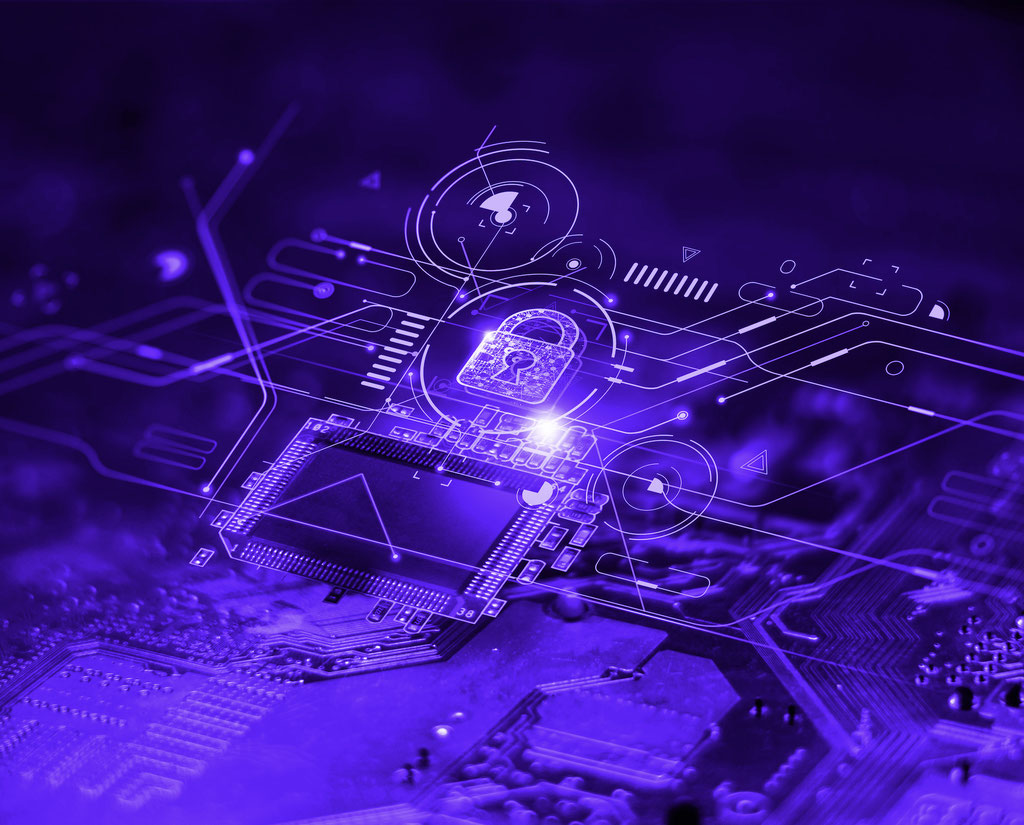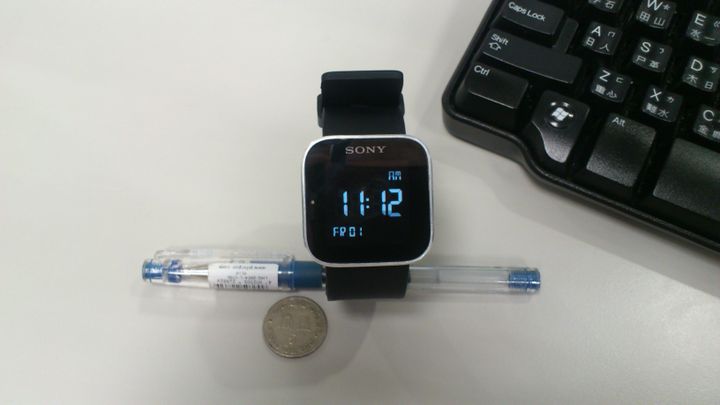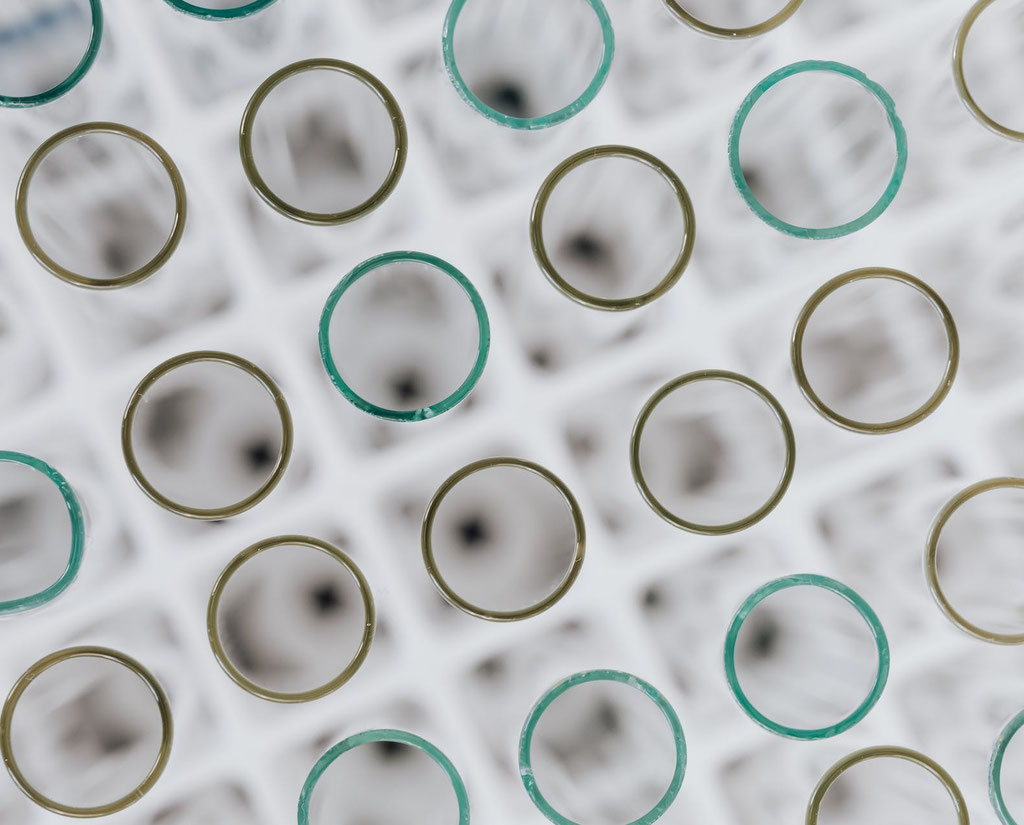
Exams are a reality most of us must face to move through life. They're rarely a pleasant process -- you're crammed in a hot gymnasium, sitting on an uncomfortable chair and limited to only the bare essentials. Bathroom breaks are policed closely, or not allowed at all. But the dictates of modern education demand exams, so students continue to sit through them a few times a year.
In such uncomfortable circumstances, some students resort to methods to make things a bit easier. And as technology has grown, universities have been struggling to keep up. Decades ago, there was a ban on graphing calculators for some math exams. In the past 10 years, it's been smartphones. And now, more and more, smartwatches are coming under the gun.
Students writing the Graduate Record Examination (a standardized entrance test for many types of undergraduate or graduate programs) are now banned from bringing in smartwatches. And some other universities (it appears mainly in Britain and in some Australian cases) are also telling students not to bring them in during exams, although at least one source warns the story circulating is a little overblown.
"Yes, some universities are banning watches from exams, but most of those schools already had a ban on gadgetry in general, and they are simply interpreting and expanding on their existing rules to reflect the fact that students now have a wireless computer sitting on their wrist," writes Nate Hoffelder in the blog Ink, Bits and Pixels, who took the time to look through university policies to gain more information.
And how far are some institutions going to catch cheaters? This story is harder to verify, but a few days ago, Mashable reported that drones will be deployed to watch students in China writing the National College Entrance Exam (a notoriously difficult test). The news website based their information off of a Chinese news source.
It's not clear how accurate the report is, but it does point to the challenge universities face as smartwatches become more popular. The arrival of the Apple Watch this year has now added that chic factor to a technology that was already available in recent years. And in all sincerity, smartwatches can prove useful for things such as answering calls, tracking exercise habits or yes, in the appropriate situation, looking up the math formula you need to complete a problem.
.jpg)
No matter what technology is in place, exams remain stressful. Credit: Wikimedia Commons
So what is the answer to the exam and pressure problem? Universities are already making accommodations for those students with verified disabilities, who may need more time to complete a task. Others are providing support or alternative environments for students that get very anxious. These are steps that are helpful, but only target a segment of the population.
Maybe the exam requires a rethink. Eton College headmaster Tony Little told the Guardian last year that exams are inappropriate ways of testing people these days, because most of us have to work collaboratively in the real world. But he did not offer any easy alternatives, especially given the problem is usually volume -- the number of people who must be processed through the system to graduate (or not, depending on how well they do).
Do you have a neat idea to solve this issue? Create a challenge on HeroX and tell us about it.
Top image: Smartwatches, such as this one from Sony, will no longer be allowed at some university exams. Credit: Wikimedia Commons








